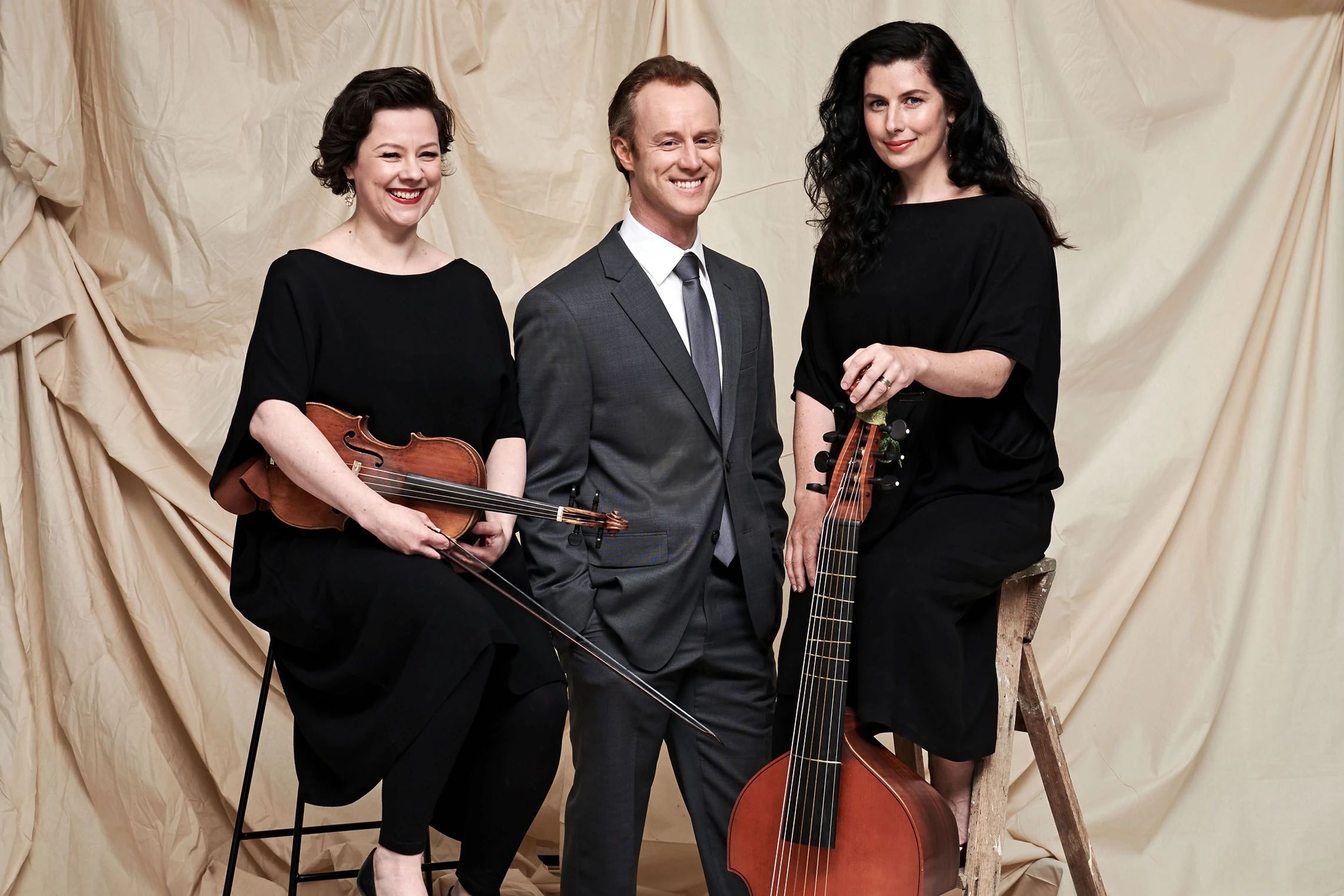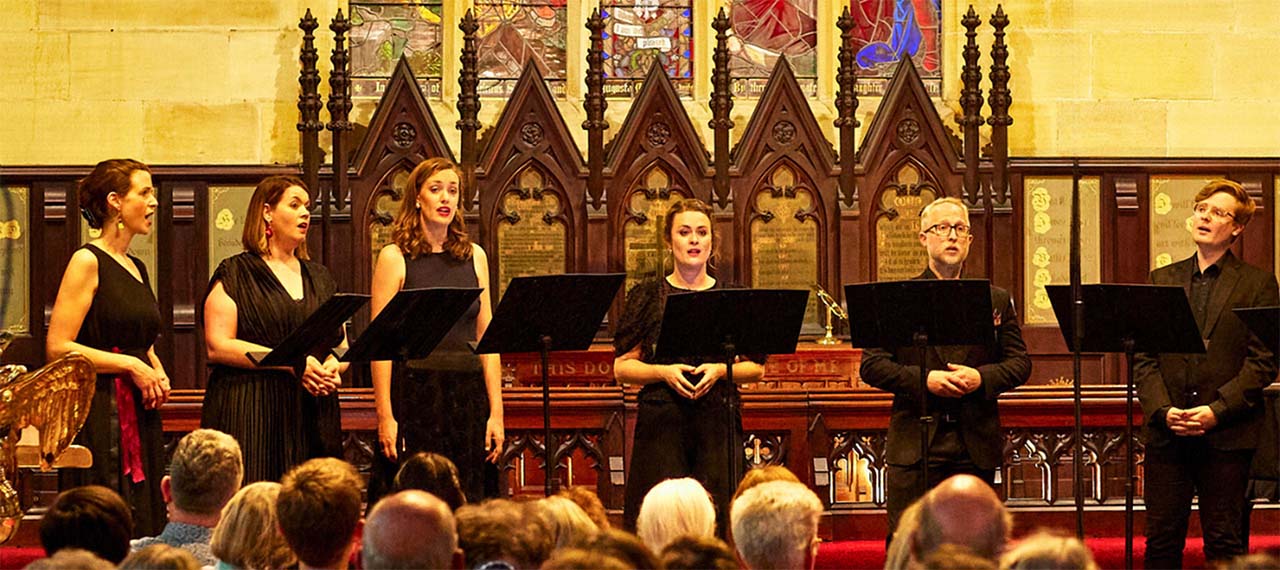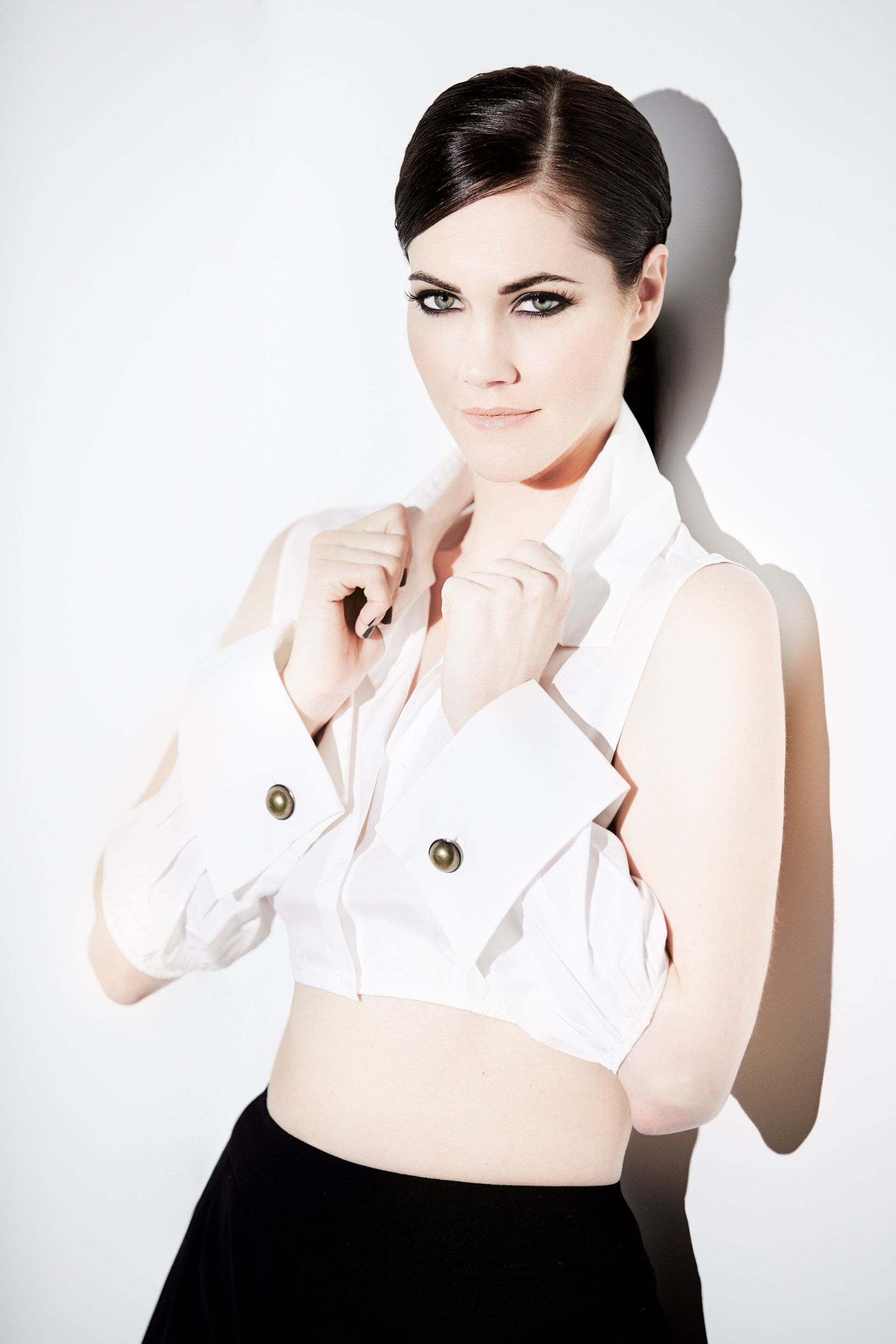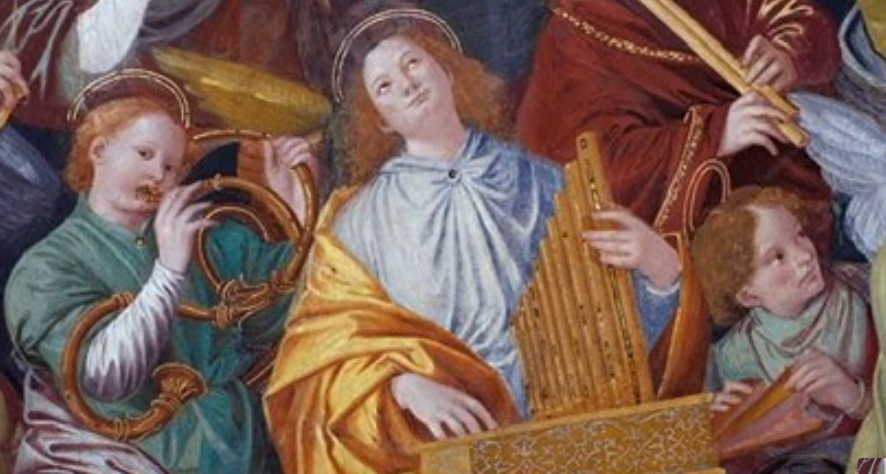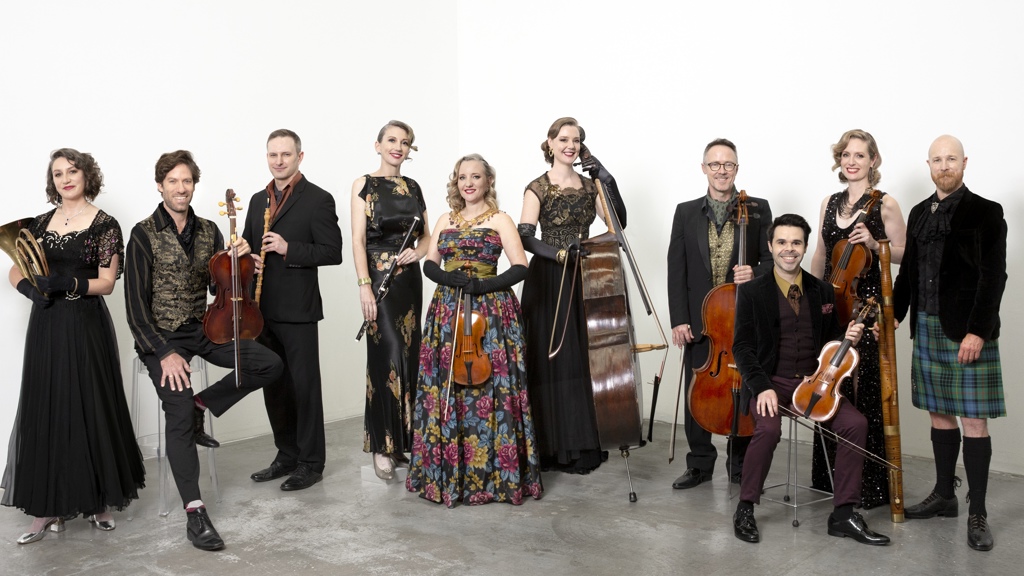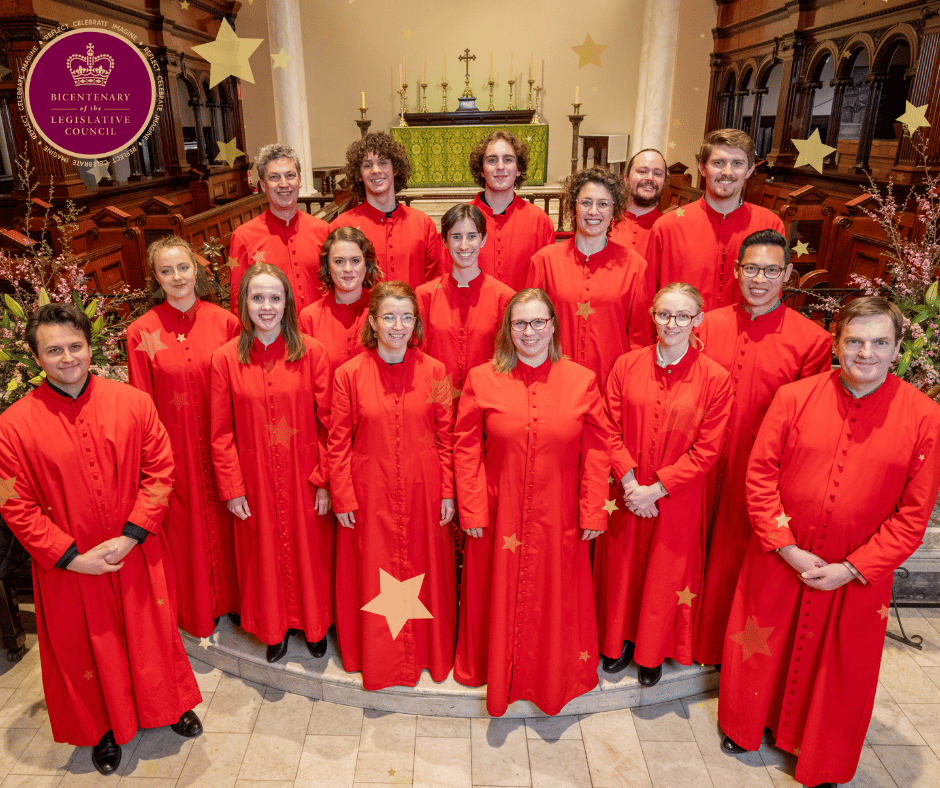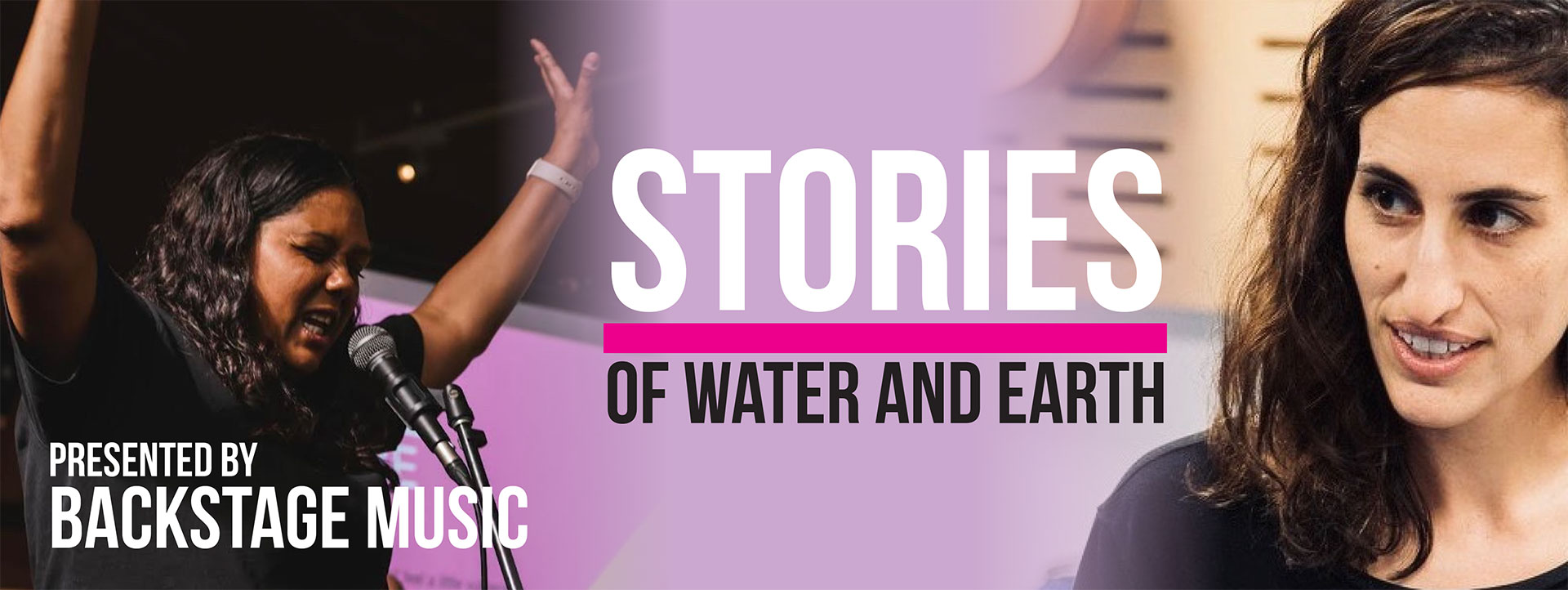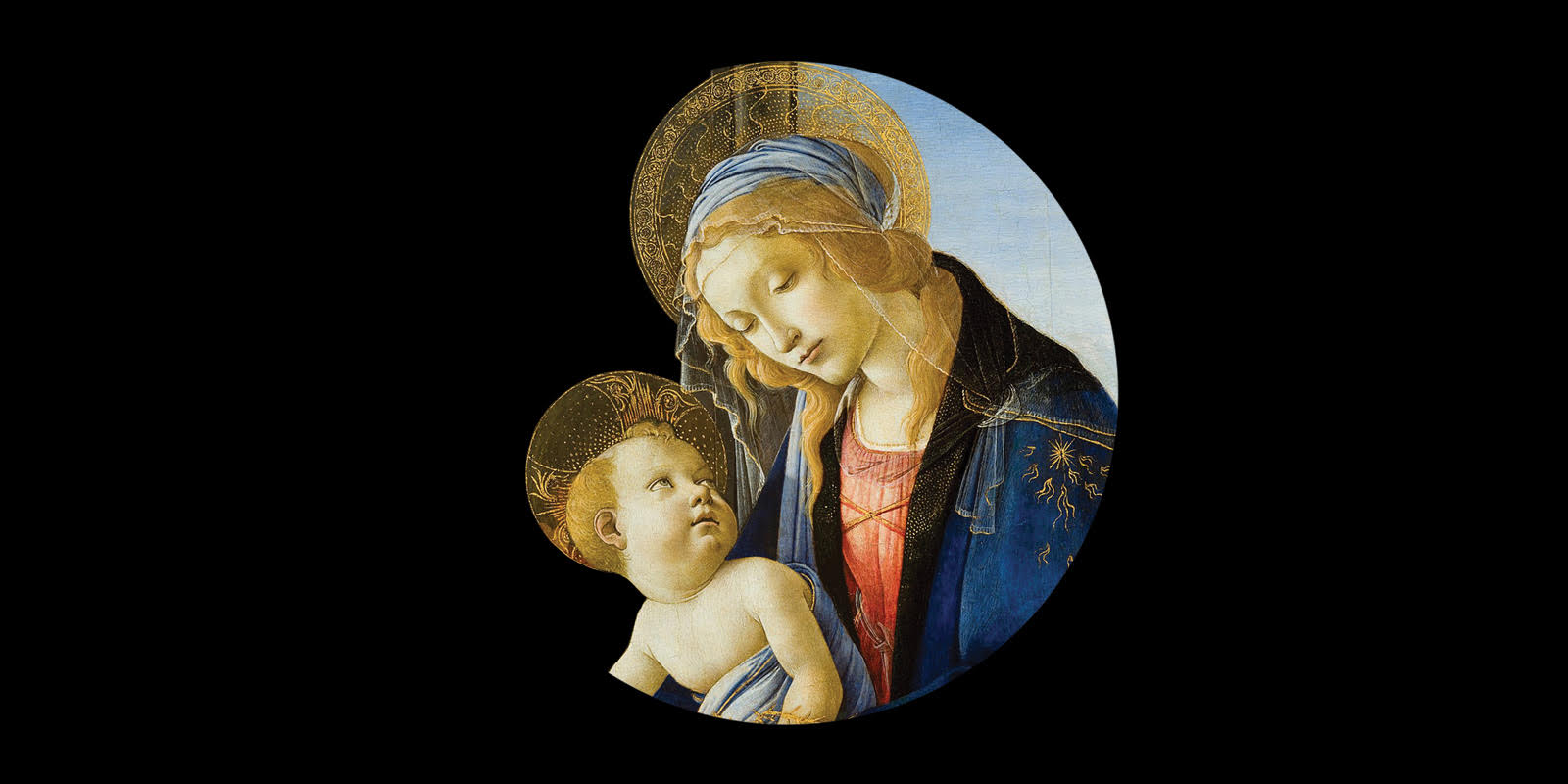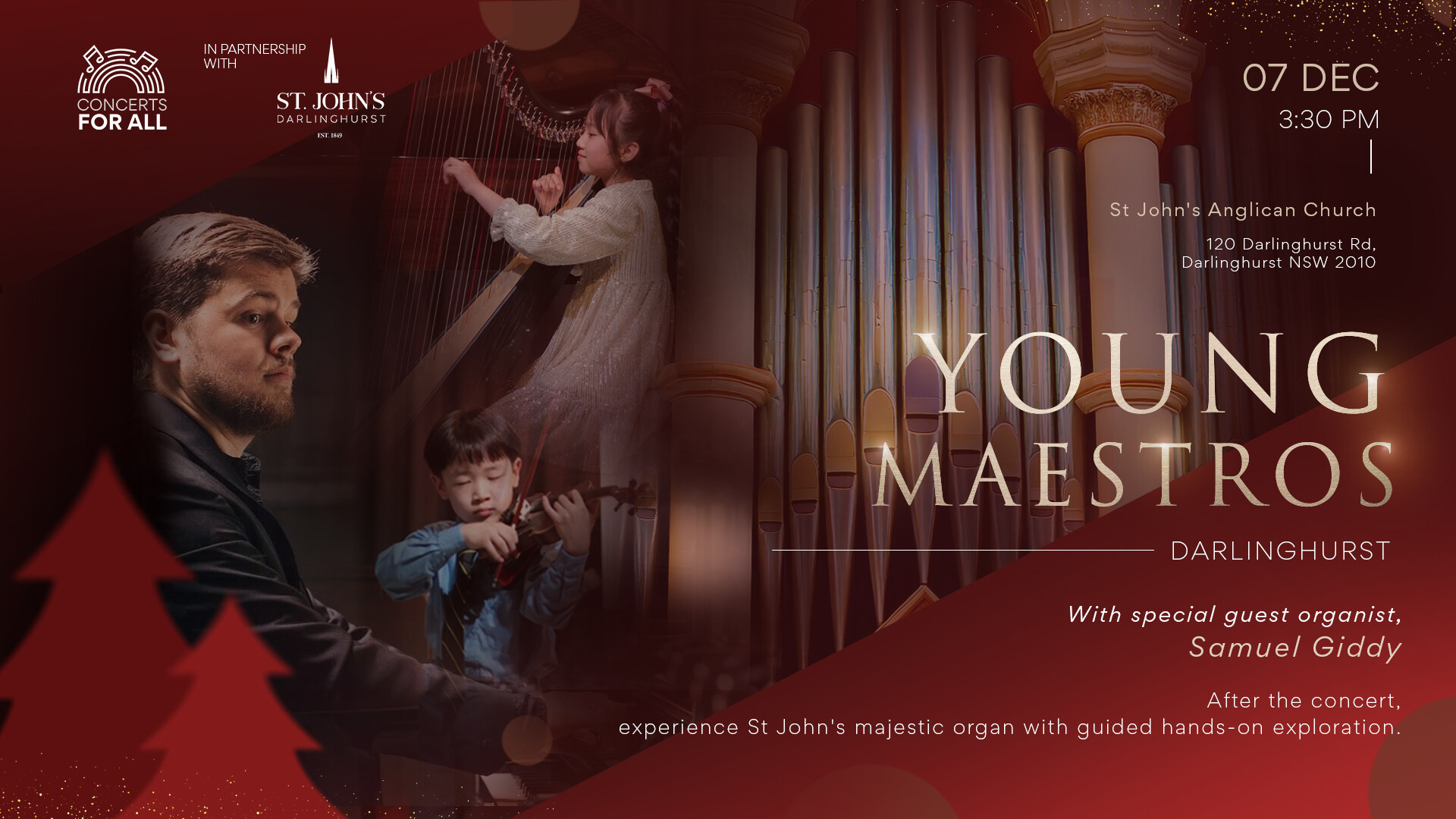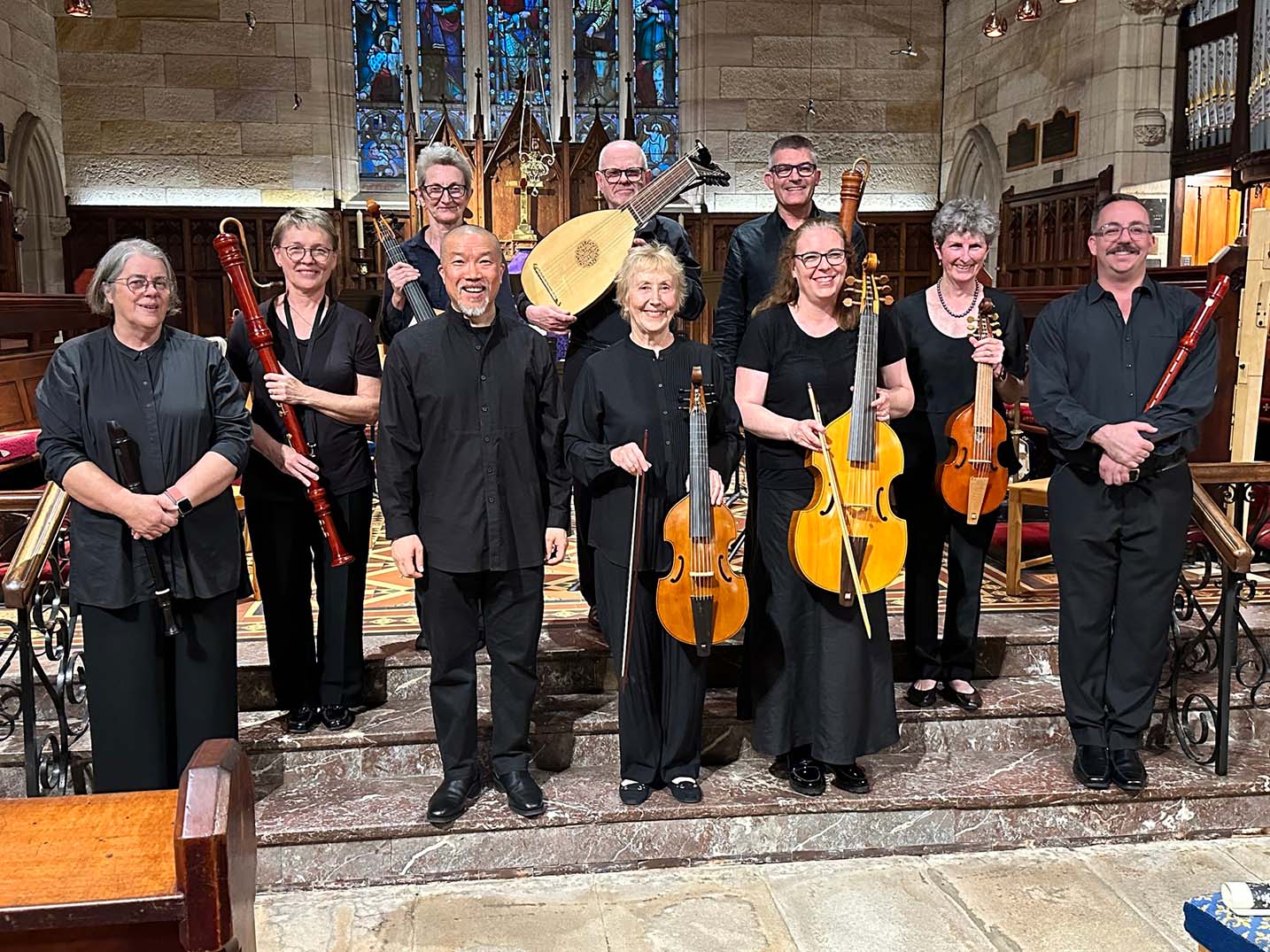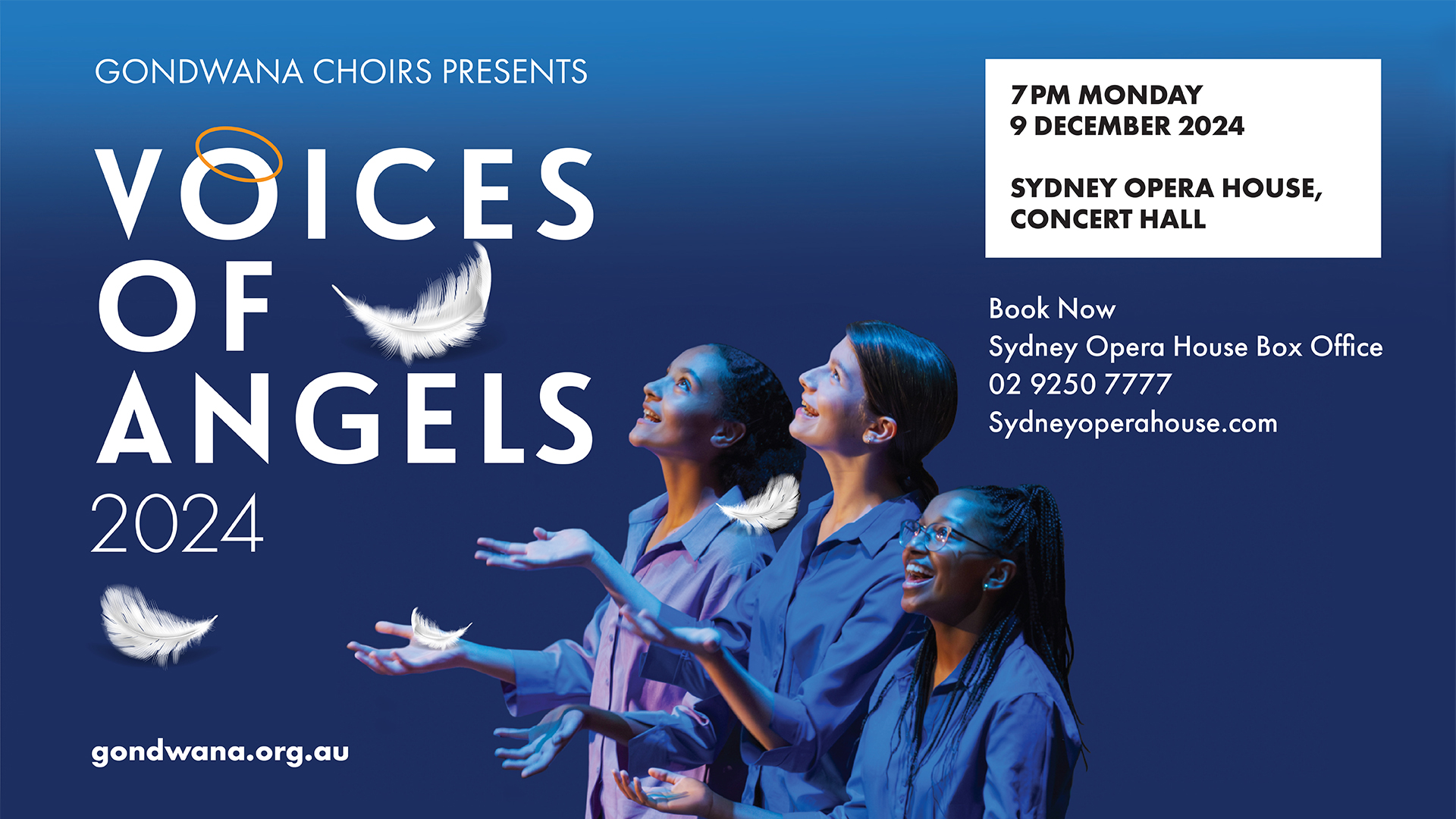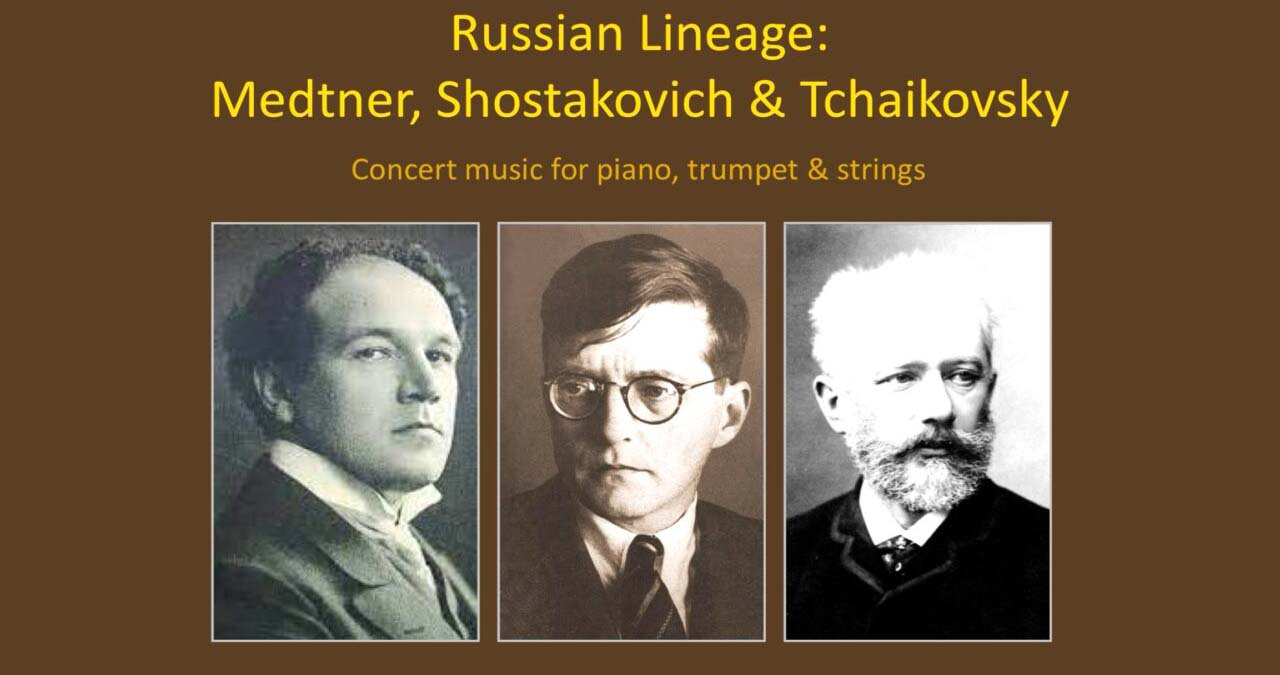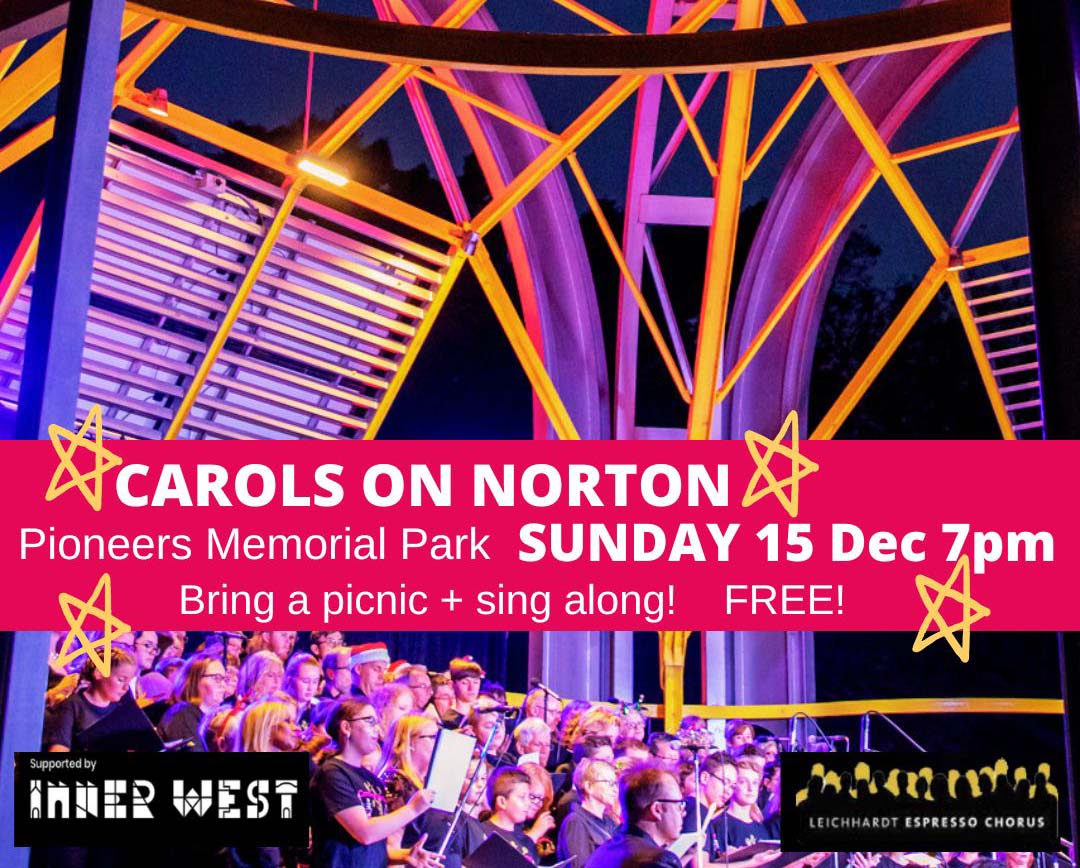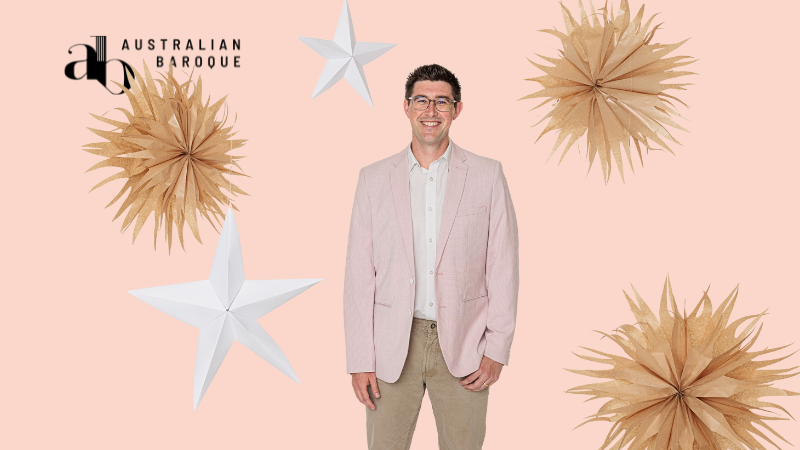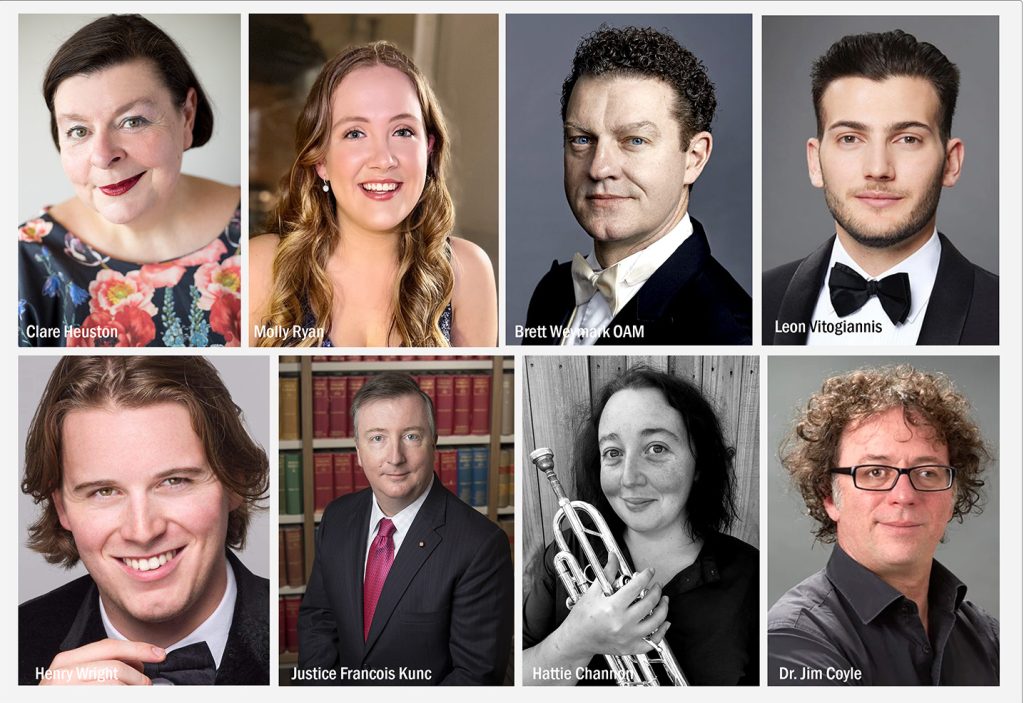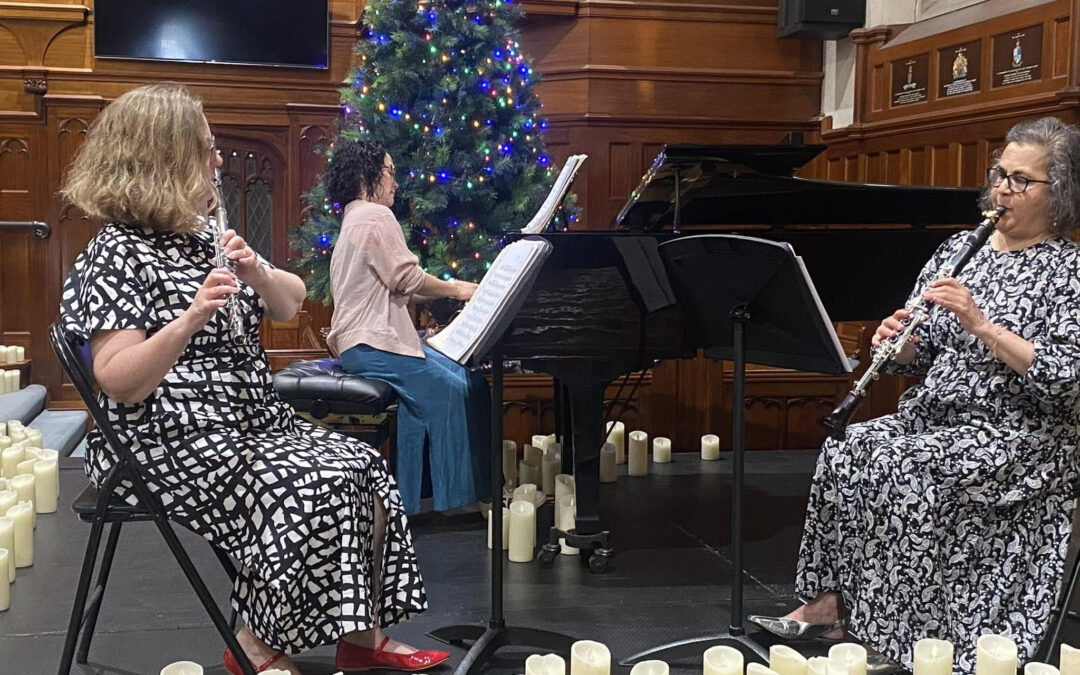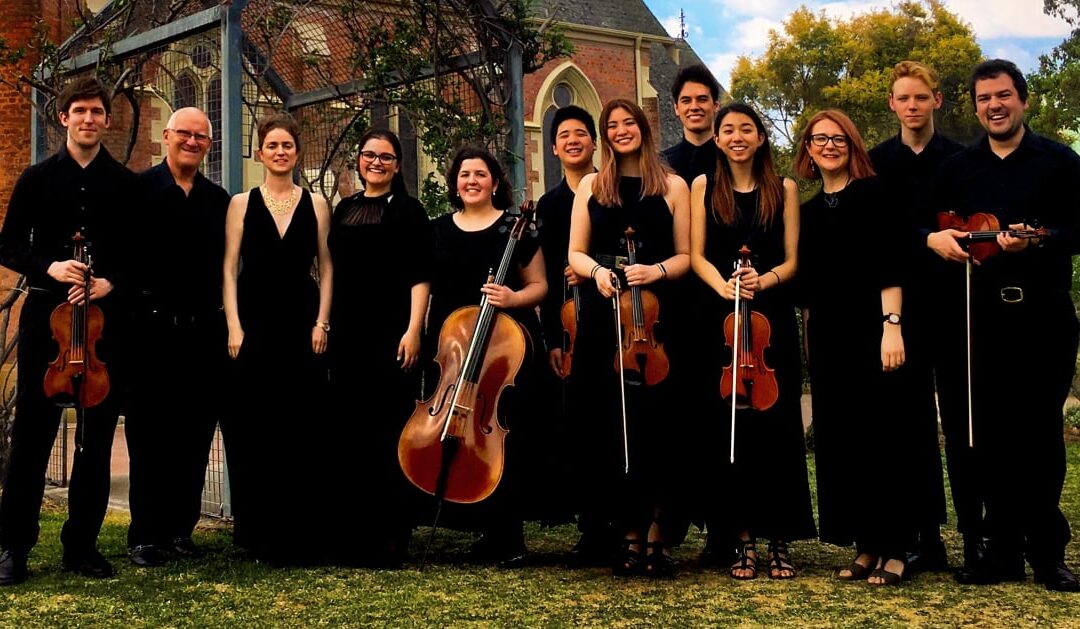Latitude 37 | The Pleasing Slumber
July 12, 2023, The Eleventh Hour, Fitzroy
It’s obvious that Latitude 37 enjoy making music together. They could easily be making music in a musik room of 16-17th century England, at The Eleventh Hour in Fitzroy, or, in your lounge room, playing just for you, or for each other’s pleasure.
Julia Fredersdorff (violin), Laura Vaughan (violas da gamba, note the plural ‘violas’) and Donald Nicolson (virginal) have quite the dedicated following, if the packed venue in Melbourne’s trendy inner north was anything to go by.
This program follows on from their French chambre offering earlier in the year and transports us to a similar setting, this time in England.
The program might have been called mad bells and Englishmen and featured composers we don’t often hear, even in early music circles, including John Jenkins, Thomas Baltzer, Solomon Eccles, John Playford, Christopher Simpson, William Byrd and good old Anon.
The great thing about these characters is exactly that, they were characters. One, a foreign import with a taste for the drink (Balzter), others famously set their possessions on fire and appeared nude in public (Eccles). It’s highly likely they all would have known of one another, and it’s into this wonderful and intimate world that Latitude 37 draws us.
Donald Nicolson played the virginal. We’re not sure who made it, but Donald informed us that the master of the plucked keyboard himself, Allistair McAllister was present earlier in the day to prepare the instrument. Such fine pedigree was well served by Donald’s playing. The wonderful churup of his trills and machine gun-like attack of passage work, such in the Prelude and A Ground by William Byrd, elevated the instrument from being a passive parlour participant to King of the Castle.
French, Italian and German styles were already defined by the early Baroque with extreme variations in rhythm and ornamentation. Julia Fredersdorff did well to take the middle ground and captured a very English sound in her violin playing. This was especially evident in the dance movements in the suites by Christopher Simpson and John Jenkins, while The Pavan from the Suite No 1 from The Little Consort by Christopher Simpson was especially soulful and expressive in the English style.
One of the highlights was hearing the lyra viol, in addition to the viola da gamba and treble viol, all played by Laura Vaughan. The lyra viol is smaller than the bass instrument but tuned differently. As a result of the increased tension in the strings the tone is somewhat more pronounced than the more well known viola da gamba and the instrument steps up more equally to challenge the violin and other parts.
The instrument was used to marvellous effect in The 5 Bells from the Lyra Viol Consorts by John Jenkins. Funnily enough, the piece echoes programmatically Marin Marais’ Sonnerie de Sainte-Geneviève du Mont de Paris performed earlier in the year.
Laura provided, as she always does, an equal part in the ensemble, with a wonderful pizzicato in The Pleasing Slumber of John Jenkins Lrya Viol Consort in D minor and smooth lyricsism against the frantic and virtuosic keyboard in Eccles’ A New Division to a Ground.
The great thing about this concert is that thanks to the Australian Digital Concert Hall, you can login and watch it at home in the luxury of your own lounge room. Much like the English people did at the time, minus the internet.
I happened to spot at home a facsimile of Thomas Morley’s A Plaine and Easie Introduction to Practicall Musicke of 1597. Anthony Holborne wrote a little poem in the preface about the author Thomas Morley, which could apply to Latitude 37’s concert:
Like Orpheus sitting on high Thracian hill,
That beats and mountaines to his ditties drew,
So doth he draw with his sweete musicks skill
Men to attention of his Science trew.
Wherein it seems that Orpheus he exeeds,
For he wyld beasts, this men with pleasure feeds.

